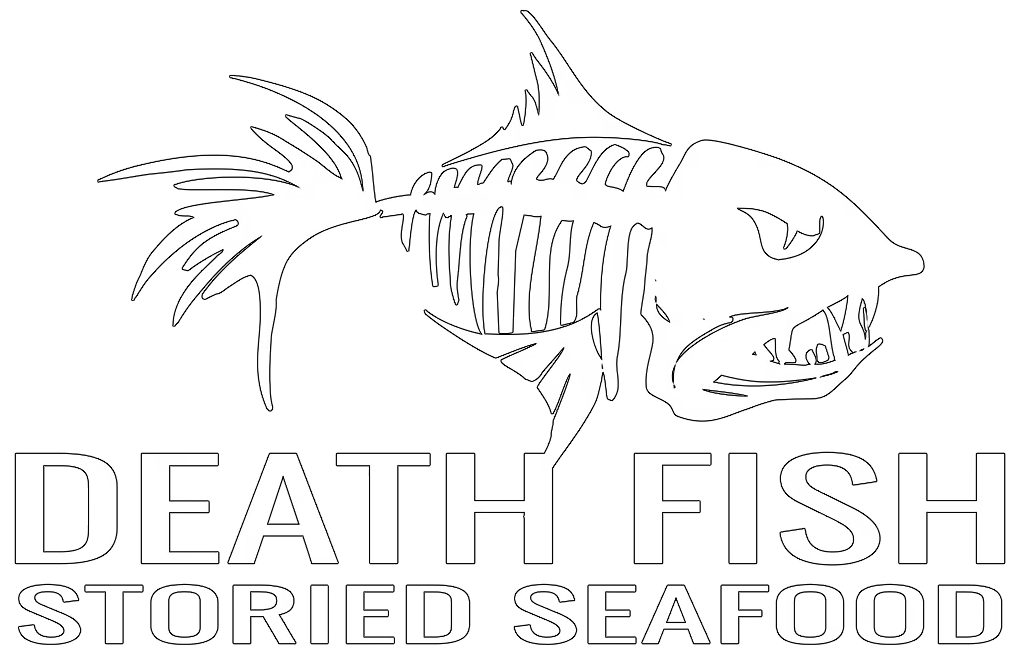
Supporting the Working Watermen of Southern Maryland
promoting fresh, local seafood with true provenance-
"Always ask where the seafood came from"

Supporting the Working Watermen of Southern Maryland
promoting fresh, local seafood with true provenance-
"Always ask where the seafood came from"
The Chesapeake Bay and surrounding waters have supported generations of watermen. By promoting traceability and celebrating the stories behind seafood, we strengthen the connection between local harvesters and the communities they feed.
“Storied Seafood” refers to seafood that comes with a story — information about where it came from, who caught it, and the journey it took from the water to your plate.
This transparency supports local commercial watermen and coastal communities while helping consumers make informed choices about the seafood they buy.